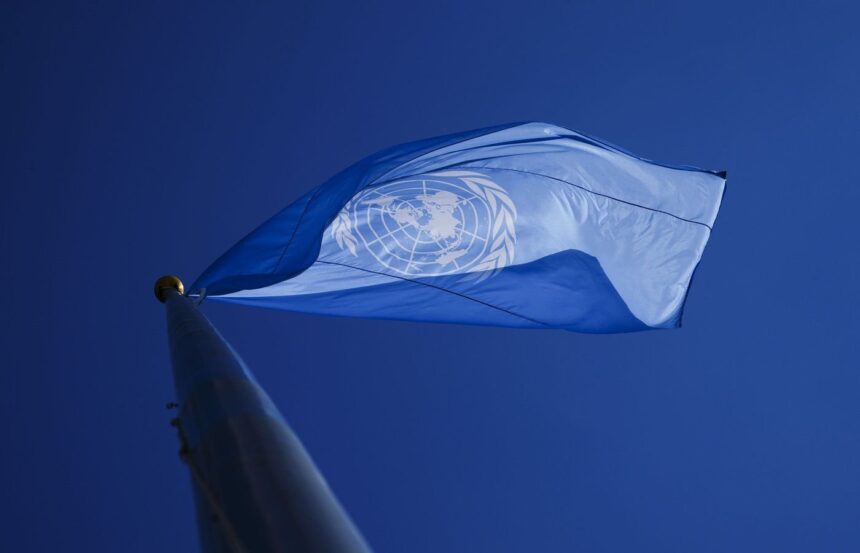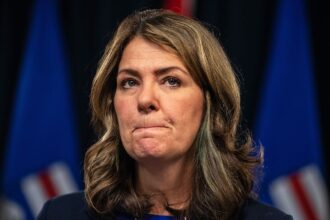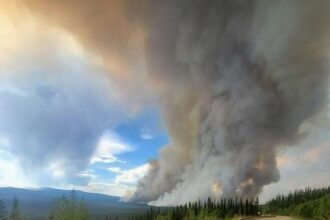State of Emergency and Appeal to the United Nations
The Heiltsuk Nation on B.C.’s central coast has taken the unprecedented step of declaring a state of emergency and appealing directly to the United Nations for intervention in what they describe as a “genocidal” toxic drug crisis devastating their community. The declaration, made last week after four deaths in just six months, highlights the disproportionate impact of Canada’s drug crisis on Indigenous communities and the perceived failure of provincial and federal responses.
“We’ve lost fathers, mothers, sons, and daughters to this poison,” said Heiltsuk Chief Councillor Marilyn Slett during an emotional press conference in Bella Bella. “When government solutions fail, we must look beyond our borders for help. This is a human rights catastrophe unfolding in real time.”
Impact on the Heiltsuk Nation
The 2,500-member Nation reports that toxic drug deaths have surged by 800 percent in their community since 2016, far outpacing provincial averages. According to data from the BC Coroners Service, First Nations people are five times more likely to experience a fatal overdose than non-Indigenous residents, underscoring the stark inequities in this ongoing public health emergency.
The Heiltsuk declaration specifically calls for United Nations observers to document the crisis, creation of an Indigenous-led task force with emergency powers, and immediate funding for a community healing center that would integrate cultural practices with addiction treatment services.
Government Response and Criticism
Provincial Health Minister Adrian Dix acknowledged the severity of the situation in a written statement, noting that “every life lost to toxic drugs is a tragedy,” while pledging to review the Nation’s demands. However, critics point to the province’s continued resistance to expanding safe supply programs despite mounting evidence of their effectiveness in preventing deaths.
Dr. Bonnie Henry, B.C.’s provincial health officer, has previously recommended decriminalization of personal drug possession as a crucial step toward addressing the crisis, a measure partially implemented in 2023 but criticized for its limited scope and failure to address the toxic supply itself.
Wider National Context and Indigenous Solidarity
The Heiltsuk Nation’s appeal comes amid a broader national reckoning with Canada’s toxic drug crisis, which has claimed more than 40,000 lives since 2016 when national tracking began. Indigenous leaders from across the country have expressed solidarity with the Heiltsuk, many indicating they may follow with similar declarations.
“This isn’t just a public health emergency—it’s the continuation of colonial violence,” said Grand Chief Stewart Phillip of the Union of BC Indian Chiefs. “The silence and inaction from Ottawa and Victoria amount to tacit acceptance of Indigenous deaths.”
Root Causes and Immediate Interventions
The crisis intersects with broader challenges facing First Nations, including intergenerational trauma from residential schools, ongoing struggles for sovereignty, and systemic barriers to healthcare. Heiltsuk leaders emphasize that sustainable solutions must address these root causes while providing immediate lifesaving interventions.
As communities await government response to this urgent appeal, the question remains: will it take international intervention for Canada to meaningfully address a crisis that continues to devastate Indigenous communities at alarming and disproportionate rates?










